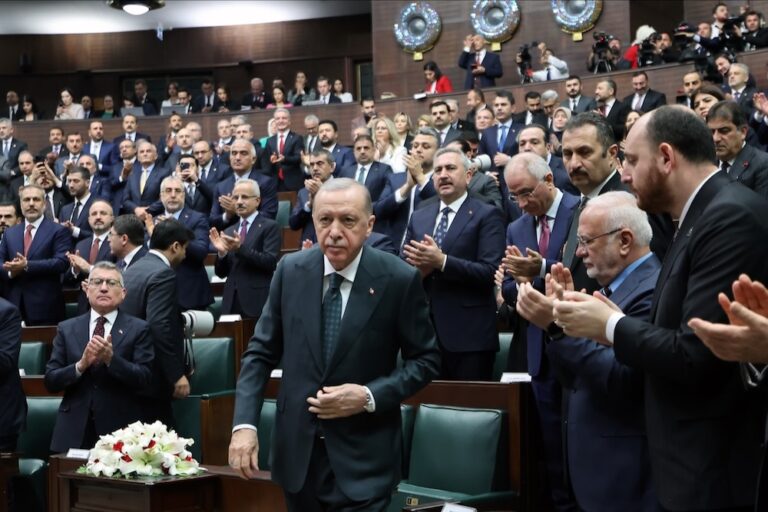One edition of the "One to One" programme was banned after writer Sevan Nisanyan appeared as a guest on the show.
(BIANET/IFEX) – 28 June 2010 – The Radio and Television Supreme Council (RTÜK) decided to impose a broadcasting ban on the Haber Türk television station, after writer Sevan Nisanyan commented on the “Armenian genocide”. While Nisanyan was a guest on the “One to One” program, hosted by Fatih Altayli, he referred to the killing of a great number of Armenians by the Ottoman Empire in 1915.
RTÜK took the decision on 15 June 2010 and notified Haber Türk on 21 June. The Council indicated that Nisanyan, one of several guests on the program, “exceeded the limits of criticism” with his statements that allegedly “humiliated the Republic of Turkey”.
The council suspended the broadcast of one edition of the “One to One” program. The program in question was originally broadcast on 9 March at 8:00 pm, while at the same time the Armenian Bill was being debated by the US House of Representatives Foreign Affairs Committee.
RTÜK based its decision on article 4(i) of Law no. 3984 on the Establishment of Radio and Television Enterprises and their Broadcasts as amended by Law no. 4756 on “Broadcasting Standards”. Accordingly, “broadcasts shall not offend the personality of individuals beyond the limits of criticism, shall respect the right of reply and rectification”. Haber Türk can apply to the Administrative Court for an annulment of the decision.
The RTÜK decision, signed by 1st Law Counsellor lawyer Arslan Narin, banned the broadcast of the program on 13 July, ordering the station to instead replace it with a program prepared by RTÜK without commercials. The notification of punishment was to be read out prior to the broadcast of the program and a written announcement informing viewers that the program was suspended and which broadcasting standards had been violated was to be shown at 10-minute intervals.
During the “One to One” program, Nisanyan said, “Terrible events happened in 1915. A whole society who had been living here for thousands of years was expelled from their home country and was subjected to tyranny and injustice. [. . . ] The state policies in Turkey say that this is a lie and that they do not care about our feelings and they do their best to oppress and silence these feelings. I think these policies have softened a little throughout the past two to three years. At least, they stepped back from completely ignoring it. But when we look at recent speeches of the government, we see very clearly that the basic mentality has not changed [. . . ]”.
Moreover, RTÜK issued a warning to Kanal D over an episode of the series “Lady’s Farm” broadcast on 19 March. The character “Güllü”, played by actress Özgü Namal, cursed her father and older brother in the episode. According to RTÜK, the broadcast violated “national and moral values of society and the structure of the Turkish family”.


